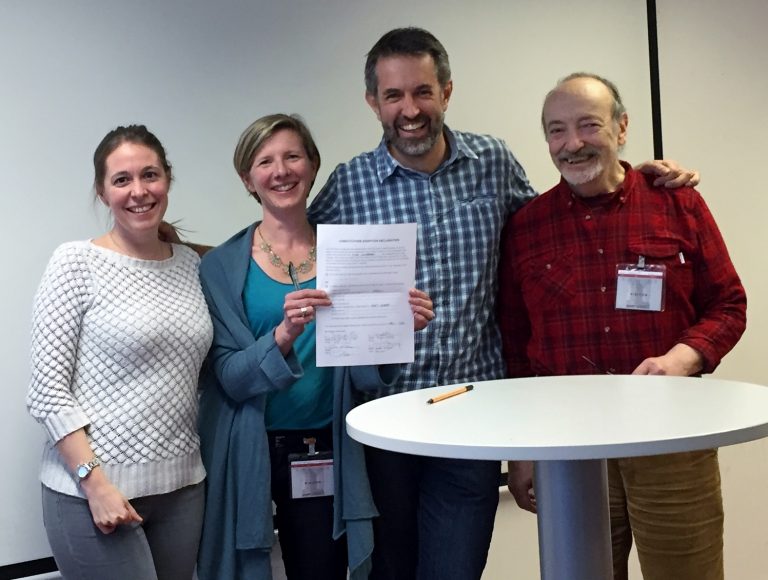How is your organisation designed to get undesirable results from your staff?
I recently had a fascinating experience in a Moscow hotel room. No – not what you might be thinking. On my last day of a programme I was facilitating, I daringly decided to leave my checkout until the lunch break. Around 1:30pm, I got to my room to pack my last things, ready to plea for a late checkout from reception if required. As feared, my keycard would not work; the hotel had cancelled it in punishment. But there was hope – a burly Russian cleaning woman with her trolley was outside my room, and, on seeing my difficulty, she opened my door with a smile. I began rapidly packing my things as she watched from the passage. Suddenly, a look of panic overcame her. She, and an equally burly colleague, rushed into my room, shouting “Nyet, nyet, nyet” and violently tugging my arm in the direction of the door. I tried my best to explain that I would just be packing my bag and moving on without causing an international incindent, but they persisted. I lifted the phone to suggest we call reception who would clear it all up. They slammed down the phone, and grabbed my toiletry bag. Confused, I kept up my packing attempts. But the more I tried, the more panicked they became. Sadly, we could not communicate.
Then, by a stroke of luck, Burly Lady 2 and I discovered that we both spoke broken German. And, a minute later, the penny dropped for me. The woman who had let me into my room had not realised it was my final day. I was over the 12pm checkout deadline. Her helpful attempt to let me into my room could backfire on her – potentially costing her her job, I imagine, given the look on her face and what I know about the rule-based culture of many traditional Russian organisations. It was for me to negotiate with reception for a later checkout, and she should not have interfered. Their mortified looks suddenly made sense.
I thanked them both, headed down to reception (without my bags), and innocently explained that my keycard didn’t work, could I possibly have a late checkout, and could I have a new keycard, please. I didn’t mention the well-intentioned help of my new friends, of course. New key in hand, I went upstairs, where Burly 2 greeted me with the biggest smile. “I was right, ja?” she said, proudly. Yes, I replied, and isn’t it good that we both speak a little German?
Interestingly, I’ve recently been doing some work rebuilding trust amidst some strained relationships between 3 companies jointly participating in a major industrial project. My Moscow hotel experience has lessons to offer. First, are the partners in an acrimonious partnership truly able to get into each other’s shoes, and see things from the other’s perspective? So often, when people are genuinely able to see from the other’s perspective, without judgment, the penny drops and the mistrust and confusion turns to a desire for partnership. And second, how could a “third langauge” or a “third culture” – one native to neither but agreed for the sake of the partnership – be of help in building partnership in a relationship, partnership or organisation?
An invitation to reconsider
Every organisation is perfectly designed to get the results that it gets. In the case of the hotel in Moscow, that design led to fear, compliance and what at first occurred as shockingly poor customer service. How is your organisation designed to get undesirable results from your staff? Are you able to get into their shoes, and see how they might behave given the constraints they are placed under?
Forthcoming Workshops (click on each link for more information)
Systemic Lens – Leading Beyond Boundaries, 8 May 2013, London
Cultural Lens – Leading Successful Integration, 7 May 2013, London
Personal and Interpersonal Lens – Change the Conversation, Change the Organisation, Autumn 2013 (date tbc)
Exploring whole systems change
Here be dragons: Leading in complex times – John Watters
Leading Successful Integration – Chris Yates
Are we doing the work that is needed or the work that is comfortable? – John Watters
How is your organisation designed to get undesirable results from your staff? – Mark Young
You can find more of our posts on our blog and can keep up to date with any future editions through our newsletter, here.



